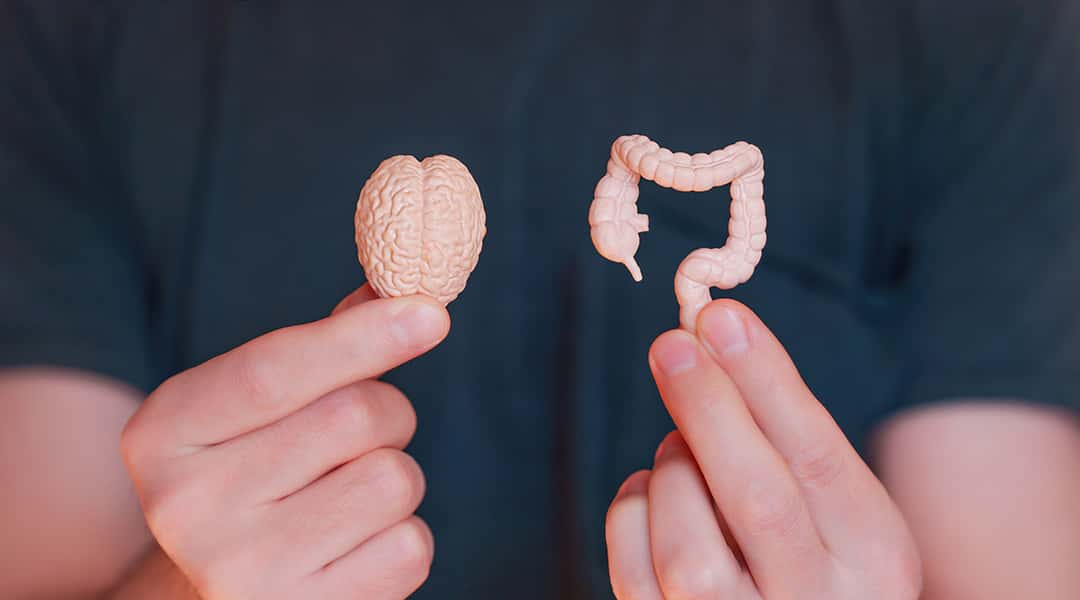Ghee beyond Tradition: Exploring the Ayurvedic Gold in Swiss Wellness
Ghee beyond Tradition: Exploring the Ayurvedic Gold in Swiss Wellness

Ghee or clarified butter, has long been cherished in Ayurveda for its numerous health benefits. It nourishes the body, enhances digestion, and supports overall wellness. For those living in Switzerland, incorporating this ancient golden elixir into your daily routine can be both a delightful and health-boosting experience.
In this blog, we’ll explore the traditional method of making ghee, tailored to the Swiss lifestyle. We’ll also delve into different types of Ayurvedic ghee and how they can be used for various wellness purposes.
Ghee is considered a sacred food in Ayurveda, believed to balance the body’s doshas (Vata, Pitta, and Kapha), and improve digestion and absorption of nutrients. It’s also a versatile cooking ingredient and can be used in everything from frying to baking, making it easy to incorporate into a Swiss diet.
Making Ayurvedic Ghee: A Step-by-Step Guide
Ingredients:
- 500g Unsalted Butter: For the best quality ghee, choose organic, grass-fed butter.
Process:
- Melt the Butter:
- Begin by placing the butter in a heavy-bottomed saucepan. Turn the heat to medium and allow the butter to melt completely.
- Simmer and Separate:
- Once melted, reduce the heat to low. You’ll notice the butter beginning to bubble and foam as it simmers. This is the water evaporating from the butter.
- The milk solids will start to separate from the fat, sinking to the bottom of the pan. Stir occasionally to prevent the solids from sticking.
- Clarification:
- As the butter continues to simmer, the liquid will turn from yellow to a rich golden hue. The milk solids at the bottom will turn light brown, and the ghee will release a nutty aroma. Be careful not to let the solids burn, as this can affect the taste.
- Strain the Ghee:
- Once the ghee is ready, remove the pan from heat. Let it cool slightly, then strain the ghee using a fine mesh sieve or a cheesecloth into a clean, dry glass jar. Ensure no milk solids remain in the liquid, as this will keep your ghee shelf-stable.
- Storage:
- Store your ghee in an airtight container at room temperature. It doesn’t require refrigeration and can last for several months if kept dry and free from contamination.
Incorporating Ghee into Swiss Cuisine:
- Cooking: Ghee’s high smoke point makes it ideal for sautéing vegetables, frying meats, or even making Swiss Rösti. It imparts a rich flavour while promoting better digestion.
- Baking: Substitute butter with ghee in your favourite Swiss baking recipes, such as Zopf bread or biscuits, for a healthier twist.
Ghee- Exploring the Ayurvedic Gold
Ghee Variations
Ayurveda offers several types of medicated ghee, each infused with specific herbs to address various health needs. Here are a few you can try at home:
- Plain Ghee (Shuddha Ghee)
- Purpose: This is the basic ghee used for general wellness, digestion, and skin nourishment.
- Use: Consume it daily in small amounts, apply it on the skin, or use it as a cooking fat.
- Triphala Ghee
- Ingredients: Plain ghee, Triphala powder (a blend of three fruits: Amla, Bibhitaki, and Haritaki).
- Purpose: Triphala ghee is renowned for its detoxifying properties and for supporting digestion and eye health.
- Preparation: After making the basic ghee, infuse it with 1 tablespoon of Triphala powder per 250ml of ghee. Let it sit for 24 hours before straining and storing.
- Brahmi Ghee
- Ingredients: Plain ghee, Brahmi (Bacopa monnieri) leaves or powder.
- Purpose: Brahmi ghee is celebrated for enhancing cognitive function, reducing stress, and improving memory.
- Preparation: Simmer the ghee with Brahmi leaves or powder on low heat for 30 minutes, then strain.
- Ashwagandha Ghee
- Ingredients: Plain ghee, Ashwagandha root powder.
- Purpose: Ashwagandha ghee is known for promoting strength, boosting immunity, and relieving stress.
- Preparation: Add 1 tablespoon of Ashwagandha powder per 250ml of ghee and infuse on low heat for 20 minutes, then strain.
Tips for the Swiss Enthusiast:
- Seasonal Suitability: In Switzerland, ghee can be especially beneficial during the colder months, helping to keep the body warm and lubricated.
- Local Herbs: While Ayurvedic herbs may not be readily available in all Swiss stores, they can be sourced online or through local Ayurvedic practitioners.
- Daily Ritual: Start your day with a teaspoon of ghee on an empty stomach to promote digestion and vitality, a practice rooted in Ayurvedic tradition.
Conclusion
Making Ayurvedic ghee at home is a simple yet profound way to bring the benefits of this ancient tradition into your modern Swiss lifestyle. Whether you’re adding it to your meals, using it for specific health concerns, or simply enjoying it as part of your daily routine, ghee is a versatile and nourishing addition to any diet.
By understanding the different types of Ayurvedic ghee and their specific uses, you can tailor your wellness journey to suit your individual needs. So, why not start today? Your body and mind will thank you for it!
The Final Thought
Making Ayurvedic ghee at home is a simple yet profound way to bring the benefits of this ancient tradition into your modern Swiss lifestyle. Whether you’re adding it to your meals, using it for specific health concerns, or simply enjoying it as part of your daily routine, ghee is a versatile and nourishing addition to any diet.
By understanding the different types of Ayurvedic ghee and their specific uses, you can tailor your wellness journey to suit your individual needs. However, before incorporating any herbal ghee or starting a morning intake, consulting an experienced Ayurvedic doctor is always advisable, as Ayurveda recognizes that every individual and its needs are very personal. So, why not start today? Your body and mind will thank you for it!
#AyurvedaInSwitzerland #AyurvedicGhee #SwissWellness #NaturalHealth #HolisticLiving
We believe in collaborative relationship-based care where our Ayurvedic Doctors, Ayurvedic Practitioner, Ayurvedic Supplement Brands, Ayurvedic Nutritionists & Chefs, Yoga, and Meditation Trainers are in sync. Contact the team who passionately works together to hold your hand in this healing journey.




